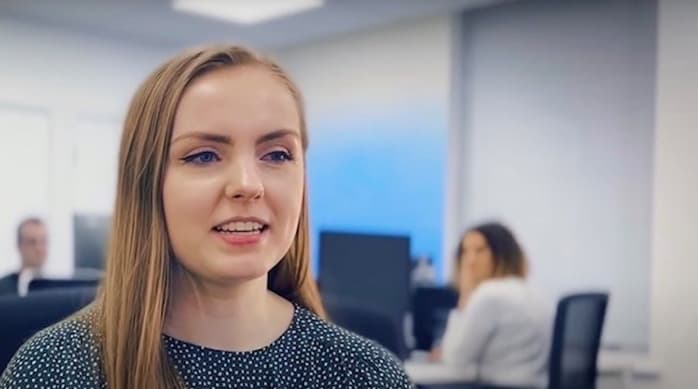
Give your tech career a flying start
Our graduate roles give STEM graduates an accelerated route into the software industry.
Over 12 months, you’ll get a solid grounding in all aspects of our product development, and be a valued member of the development team.
All our graduate roles are now filled, but please check back in late 2025 for next year’s opportunities.
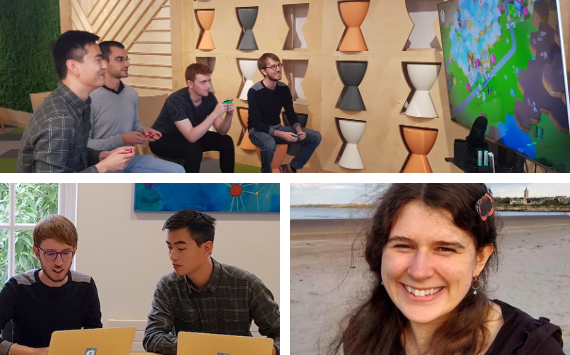
Who are we looking for?
If you enjoy working in teams, sharing knowledge and improving through collaboration, you should think about applying. If you’re a self-starter who’s eager to make contributions from day one, you should definitely apply. You don’t need JavaScript experience, but you should enjoy using programming skills to solve difficult problems.
You’ll get experience in a growing technology company, at the forefront of a rapidly emerging market.
Hear from previous grads and interns on our blog.
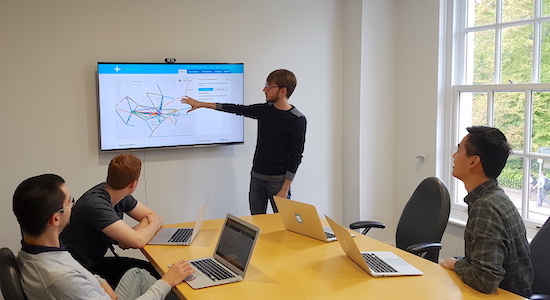
Role Requirements
We welcome those fresh from a STEM undergraduate, postgraduate or Ph.D. degree, or those with the right skills looking for a career change.
You should have used at least one programming language to solve interesting and complex problems.
You’ll have a passion for technology, an interest in data visualization and be willing to develop a working knowledge of JavaScript by the time you start.
What makes our graduate roles unique?
As a graduate, you’ve got a lot of options. Our roles will appeal to those with an independent mind and entrepreneurial spirit. Here’s what makes our graduate opportunities unique:

Avoid the corporate scrum
There are a lot of graduate opportunities around – preparing thousands of students for a life of office politics, glass ceilings and corporate ladders.
We’re a different option. You won’t have to wear a suit, or worry about bureaucracy. We work in small, fast and supportive teams and reward ideas, innovation and success.

Come out of the shadows
Some organizations consign graduates to the shadows: following a mentor for 6 months then building pretend products for pretend customers. Not ours.
As a Cambridge Intelligence graduate you’ll be part of the team, writing code to be shipped and working to achieve solutions for our customers. We want to hear your ideas, and will help you turn them into reality.

Create something new
From fighting terrorism to detecting cyber attacks, we’re using new techniques and technologies to solve some very big problems.
As part of our development team, you’ll help to make a difference. You’ll work on challenges that have never been tackled before, building exciting new tools that get deployed around the world.

Understand the development process
We’re not a global conglomerate, but we are a busy and growing team. You’ll get to experience many aspects of the process of designing, building and deploying software.
You’ll follow agile processes for planning, executing and evaluating project work, getting the experience and support you need at every stage.
The application process

Apply online
First, check you meet our requirements then apply online. You can find application links on the job description page.
A quick call
If we think you could be a good fit, one of our people will arrange a time to give you a ring. This is just an informal chat, to learn more about you and your motivations.
Code review
The next step is a chance to show off your technical skills. We’ll ask you to submit some sample code that showcases your abilities and experience.
Panel interview
A chance to meet your future team mates and discuss your coding task. The panel will consist of the development manager and a developer.

Offer!
The panel puts you forward for a final stage meeting with the CTO and Head of Development. If you’re successful, we’ll offer you the role.

Training, support and mentorship
For the duration of your graduate role (and beyond) we’ll make sure you’ve got the support and guidance you need.
When you start, you’ll be assigned a buddy – someone you can call on to ask questions, raise problems and discuss ideas. You’ll meet at least once a month, but can schedule more time whenever needed. You’ll also have regular catch-ups with your line manager.
Your schedule will be arranged to dedicate time to learning something new, incorporating self-study, formal learning, hands-on coding and attending external courses and conferences.
Any last questions?
We’re here to help. If you have any questions, or would like to discuss any of the careers opportunities at Cambridge Intelligence, email [email protected], or call 01223 362 000.
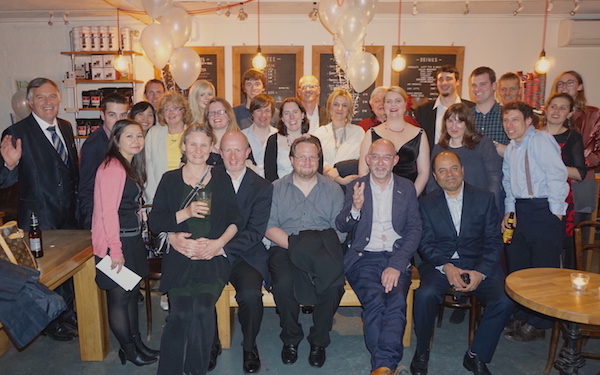
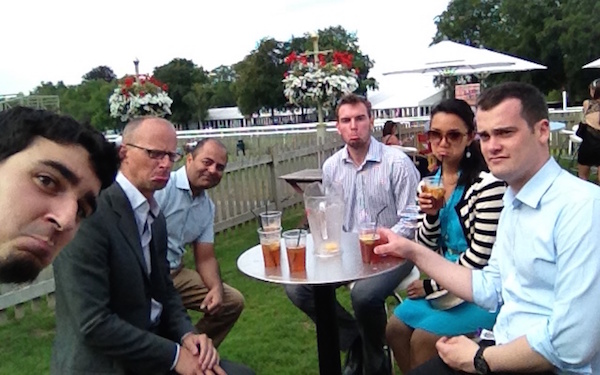
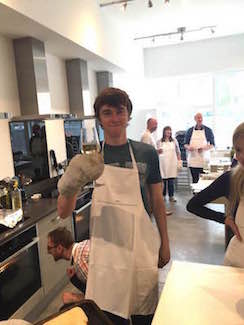
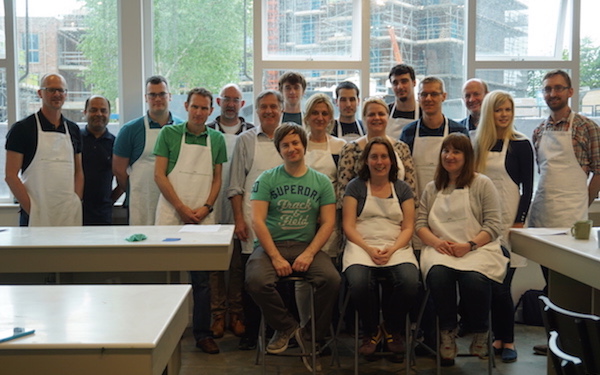

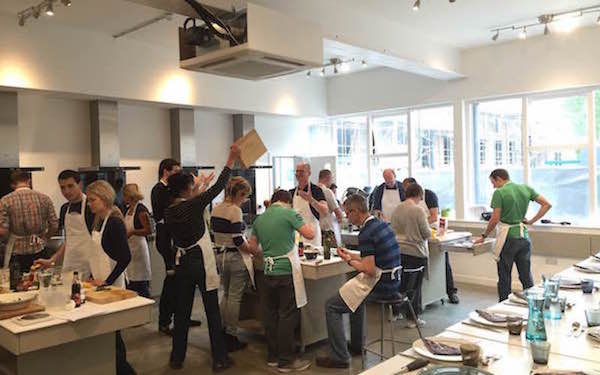
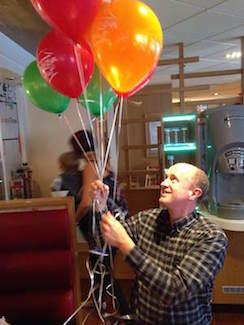
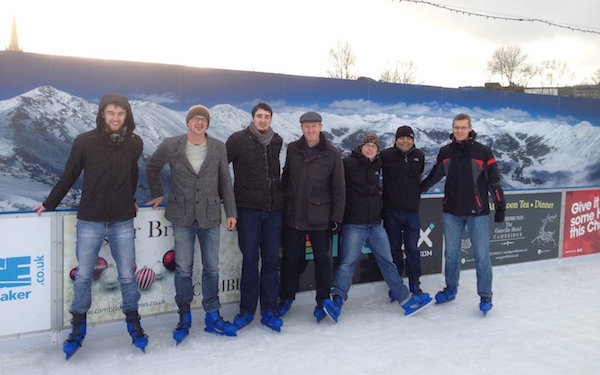
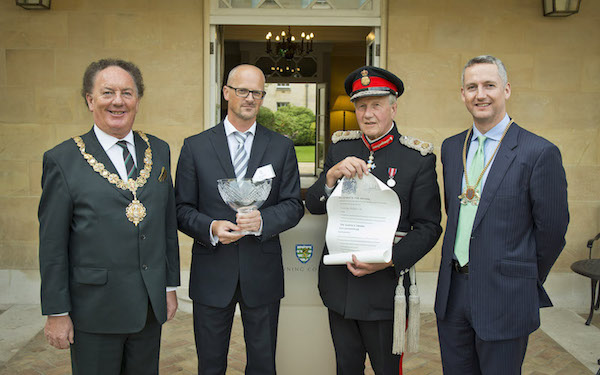
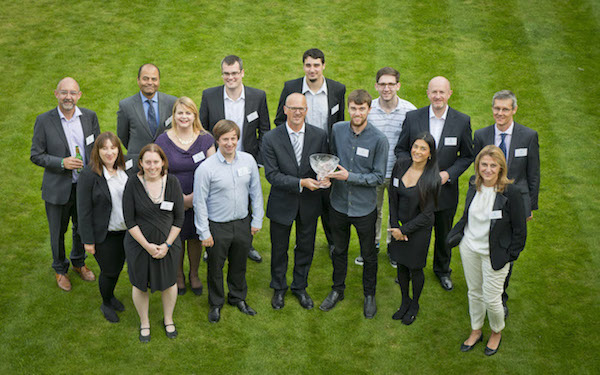
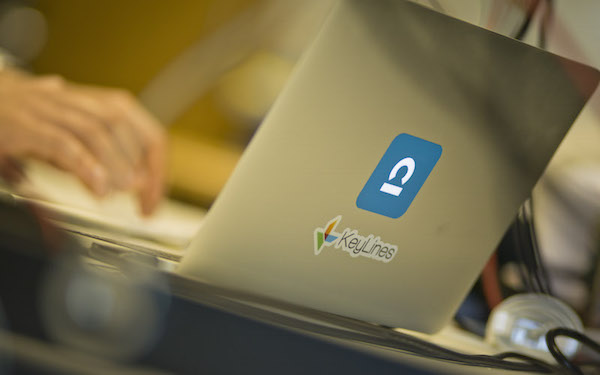
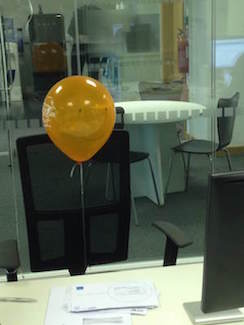

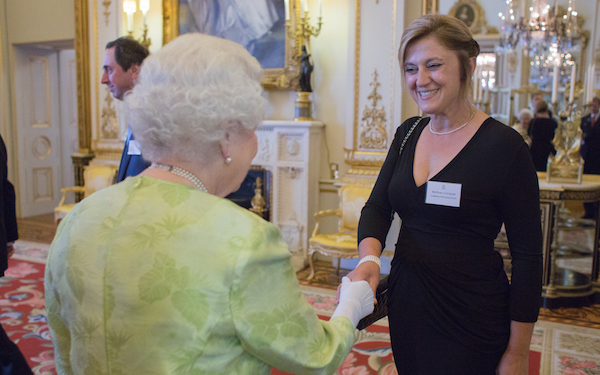
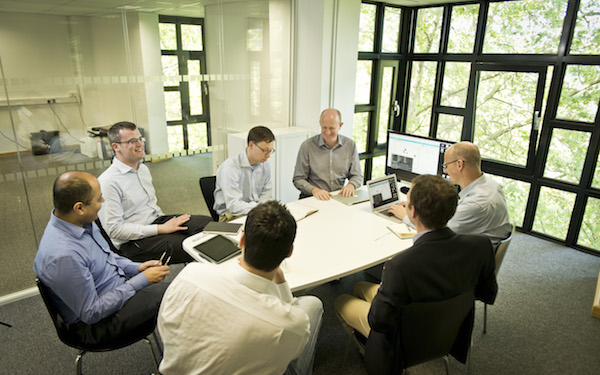
Why move to Cambridge?
Never been to our beautiful city? Here’s our 5 reasons you should consider a move to Cambridge
A booming tech centre
Silicon Fen is home to a world-leading innovation, research and technology sector that turns over more than £15.5bn each year. It’s not just tweed and tiddlywinks.
Great minds
Cambridge has nurtured some of the brightest minds on the planet. It’s the perfect environment for creative, brilliant people who want to make a difference.
A lively city
People come to Cambridge from all over the world, creating a vibrant, multicultural city. Whether it’s history and heritage or a great pub culture you’re after, we’ve got it here.
A healthy pace of life
Cambridge has green open spaces, a picture-postcard river and – for some reason – roaming cows. Cycle, walk, or punt to work and enjoy the peace.
55 minutes from London
Of course, if you’re yearning for the Big Smoke, you can jump on a train and be drinking £15 pints in under an hour.